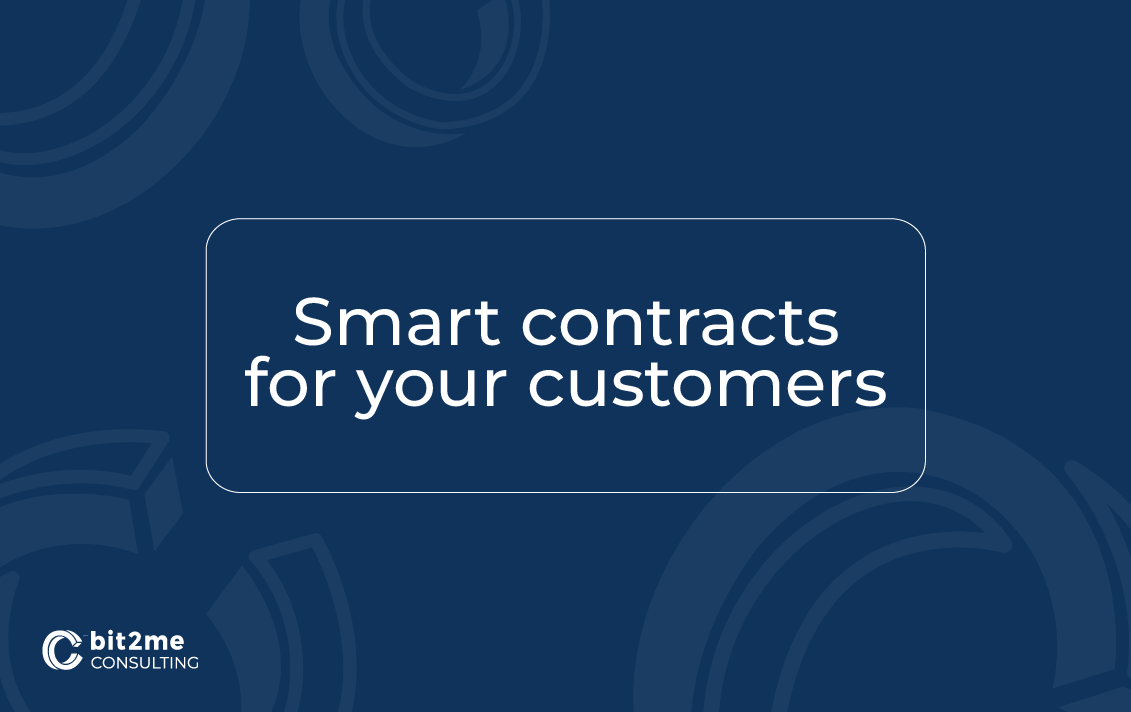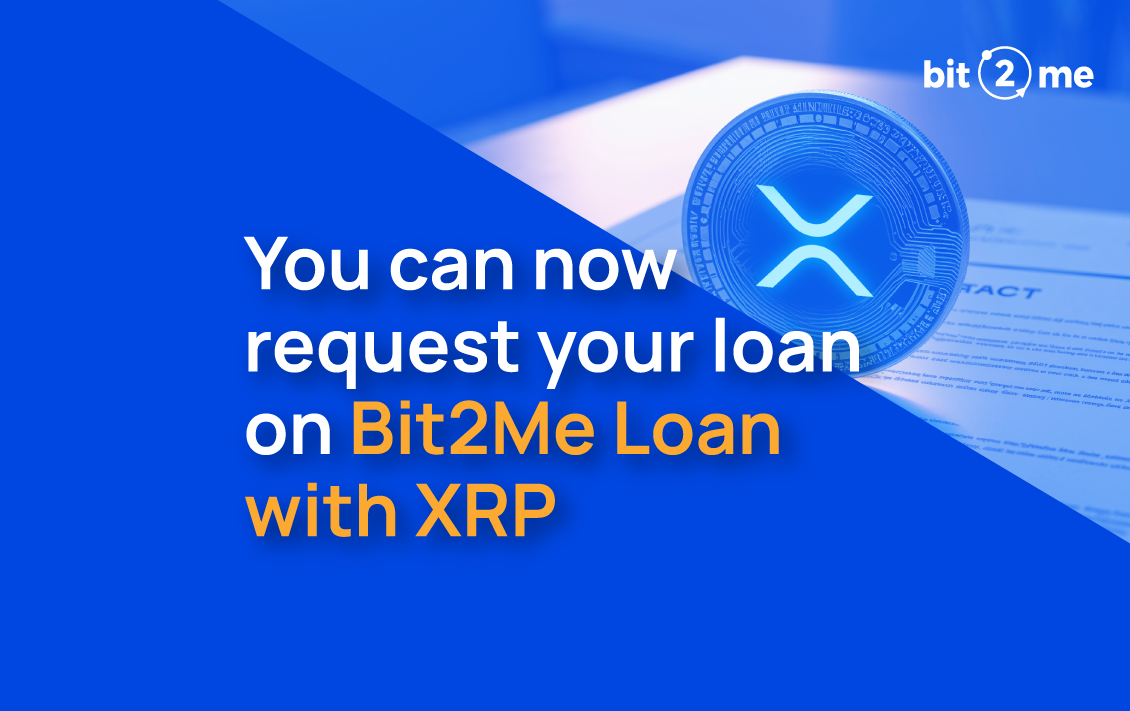After the creation of Bitcoin in 2009, many advances on blockchain technology have been developed. Many projects have come up with exciting ideas and decentralized solutions that have improved the efficiency of the blockchain. One of these solutions has been smart contracts. Sound familiar?
Smart contracts aim to remove the need for intermediaries to simplify processes and thus save costs for the consumer.
What Is a Contract?
Before explaining what smart contracts are, let’s recall what a contract is.
A contract is an agreement between two or more parties, an environment that defines what can be done, how it can be done, and what happens if something is not done. In short, they are the rules of the game that allow all the parties that accept the contract to understand what the interaction they will carry out will entail.
Until now, contracts were either verbal or written in costly documents. These documents are subject to territorial laws and jurisdictions and often require the participation of legal professionals.
Traditional contracts cost extra time and effort and are not accessible to everyone. They are also subject to interpretation, which could potentially cause misunderstandings between the parties involved.
What Are Smart Contracts?
Smart contracts self-execute and self-enforce themselves autonomously and automatically, without intermediaries or mediators.
These are a script, a type of computer code written in a programming language, so the contract terms are pure statements and commands in the code that forms it.
Smart contracts can be created and called by individuals or legal entities but also machines or other programs that operate autonomously. Smart contracts are valid without depending on authorities, thanks to their code, visible to everyone, and immutability, as they exist on the blockchain.
Therefore, smart contracts have the following characteristics: they are decentralized, immutable, and transparent.
How Can Smart Contracts Be Used on a Daily Basis?
Smart contracts have many everyday uses for our society. For example, in a few years, politicians will be able to prepare a smart contract in which they will define their entire electoral program, from how the money will be distributed during their term of office to the actions to be taken.
In this way, society will not only be clear about what it is voting for but will also be guaranteed that what it has voted for will be executed, with full transparency and active monitoring of the electorate’s spending.
Beyond enabling a fairer system of governance, smart contracts can have more mundane day-to-day uses, such as storing and recording sensitive medical data, automating most commercial activities, or improving supply chain traceability.
How Do Smart Contracts Work?
Smart contracts work similarly to any other blockchain transfer. Although smart contracts can be very complex or very simple (depending on the needs of each contract), they usually work like this:
- A user initiates a transaction from their digital wallet.
- The transaction reaches the distributed database, where the identity is confirmed.
- The transaction is approved.
- The transaction is included in the code that defines what type of transaction should be executed.
- Transactions are added as a block to the blockchain.
- Any change in the contract status follows the same process to be updated.
What Value Do Smart Contracts Bring to Your Business?
Smart contracts applied to the day-to-day management of a business can bring huge benefits such as:
Accuracy
Smart contracts must record all terms and conditions in full detail. All smart contracts must meet this requirement, as any omissions in the code could lead to transaction errors.
Automated contracts, therefore, avoid potential human errors when filling out forms or contracts by hand, as they eliminate the possibility of such errors, both in terms and in processing.
Clear Communication
The need for accuracy in detailing the terms and conditions of contracts results in everything being explicit. There can be, therefore, no room for miscommunication or misinterpretation.
Smart contracts completely eliminate communication gaps, which improves efficiency.
The terms and conditions of smart contracts are public, visible, and accessible to everyone, which avoids potential disputes between the parties involved once the contract details are established.
Speed
Smart contracts run on software code and are active on the Internet. As a result, they can execute transactions very quickly. This speed saves a lot of time in traditional business processes, as there is no need to process documents manually.
Adding speed and accuracy also improves efficiency. Greater efficiency translates into a higher number of value transactions generated per unit of time.
Security
Automated contracts use the highest level of data encryption today, the same standard used by cryptocurrencies. This level of encryption makes smart contracts one of the most secure elements available (which does not mean that bugs and exploits do not occur).
Thanks to their security and transparent and autonomous nature, any possibility of manipulation, bias, or error is eliminated, generating greater trust.
Paperless and Backed Up
Businesses around the world are increasingly aware of their impact on the environment. Smart contracts make it easier to go green, as they are created and operated in the virtual world, thus eliminating the use of paper.
These contracts record essential details in each transaction. Therefore, whenever your data is used in a contract it is permanently stored for future records. In the event of data loss, these attributes are easily recoverable.

 Author
Author


